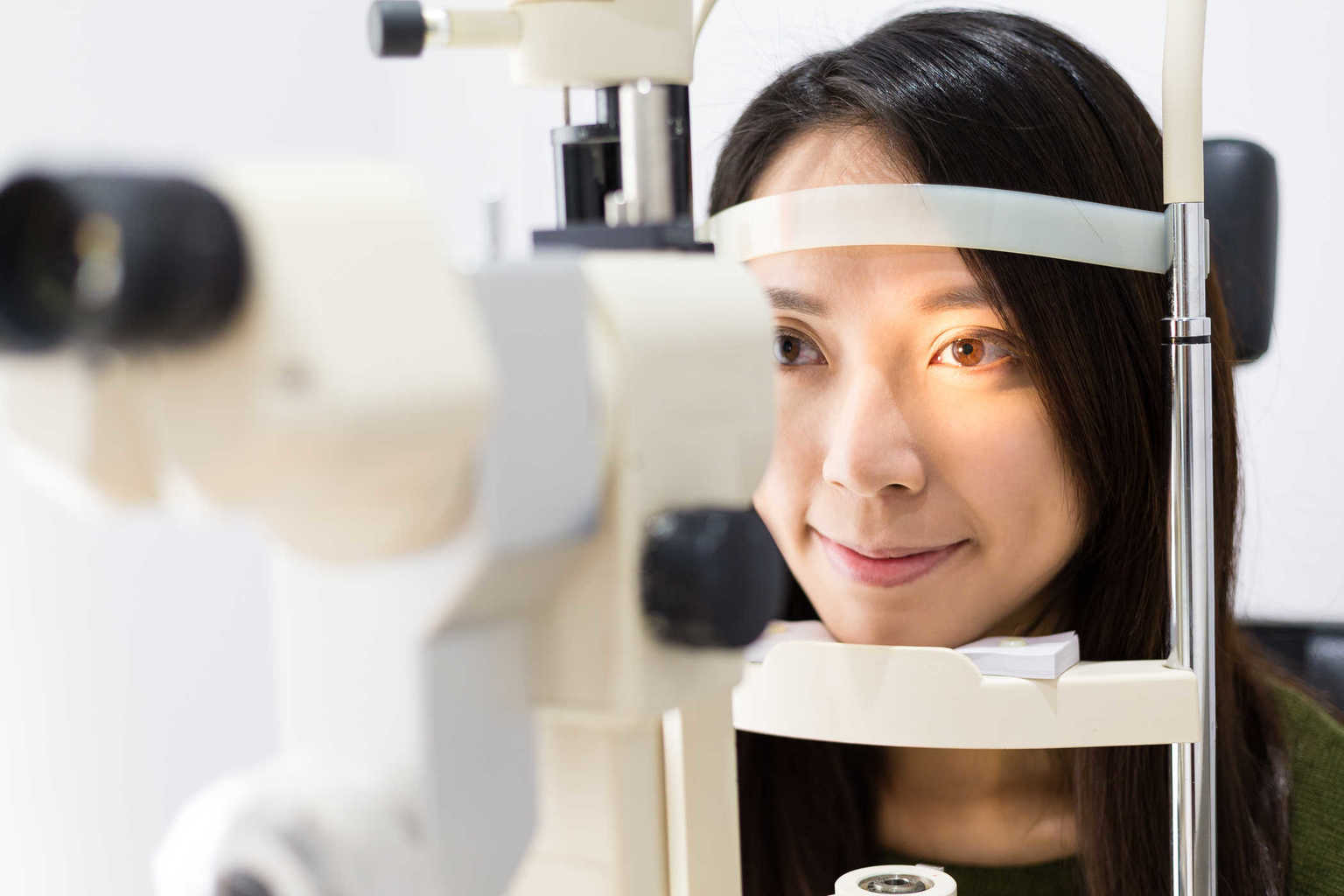Contents:
- Medical Video: Cervical Cancer Treatments
- What happens after treatment of cervical cancer?
- Follow-up care
- Looking for a new doctor
Medical Video: Cervical Cancer Treatments
For some women with cervical cancer, treatment can reduce or destroy cancer. After treatment, you may experience mixed feelings. You may feel relieved to have successfully completed treatment, but also worry about the possibility of cancer recurrence.
What happens after treatment of cervical cancer?
It may take some time for your anxiety to decrease. However, knowing that there are many cancer patients who have learned to live with this uncertainty and lead a full life may be able to help.
For some other women, cancer may never disappear completely. These women may undergo routine treatment with chemotherapy, radiation therapy, or other therapies to try to help keep the cancer under control. Learning to live with settled cancer can be difficult and very stressful. This case has its own kind of uncertainty. Consult your health care provider for more information.
Follow-up care
After your treatment is complete, the doctor will still want to do an examination. Ask what follow-up care you can get. It is very necessary to fulfill all your follow-up appointments. During this visit, the doctor will ask questions about each problem that you might experience and check your progress. You will undergo a routine pelvic exam. Most doctors recommend that women who have been treated for cervical cancer to continue to undergo Pap tests regularly regardless of how they are treated first (cone biopsy, hysterectomy, trachelectomy, or radiation). Although usually the cells for the Pap test are taken from the cervix, if you no longer have a cervix (after a tracelectomy or hysterectomy), the cell will be taken from the top of the vagina. Lab and x-ray tests or other imaging tests can also be recommended to detect signs of cancer and the long-term effects of treatment.
Almost all cancer treatments can have side effects. Some can last for a short period of time; several weeks to months. Others can last for the rest of your life. Check-up is the time for you to tell your doctor about any changes or problems you are aware of and any questions or concerns you have. This examination also allows doctors to check for signs and symptoms of recurrent cancer or new cancer. Women who have had cervical cancer have a higher risk of vaginal cancer, and are also at risk for HPV related to cancer or, less commonly, cancer as a side effect of treatment.
It is important to always update with your health insurance. Doctors' tests and check-ups require a lot of money, and although no one wants their cancer to recur, it is possible that this can happen.
Looking for a new doctor
At some point after your cancer diagnosis and treatment, you may visit another doctor who does not have access to your medical history. It is important for you to be able to give your new doctor all the details of your diagnosis and treatment beforehand. Collecting files from these details immediately after treatment will be easier to do than trying to collect them someday. Make sure the following information is ready at all times:
- A copy of your pathology report from each biopsy or surgery
- If you do an operation, copy your operation report
- If you have been hospitalized, a copy of your release summary is prepared by the doctor when the patient will go home
- If you do radiotherapy, copy a summary of your treatment
- If you do chemotherapy, list of medications, dosage of medication, and when you use it
- Copies of x-rays and other imaging studies (often these can be stored on DVD)
The doctor may want a copy of the information for the report, but always keep a copy for yourself.
Concern about cancer recurrence is very common in people who have had cancer. Consult your doctor if you want to know more information.












